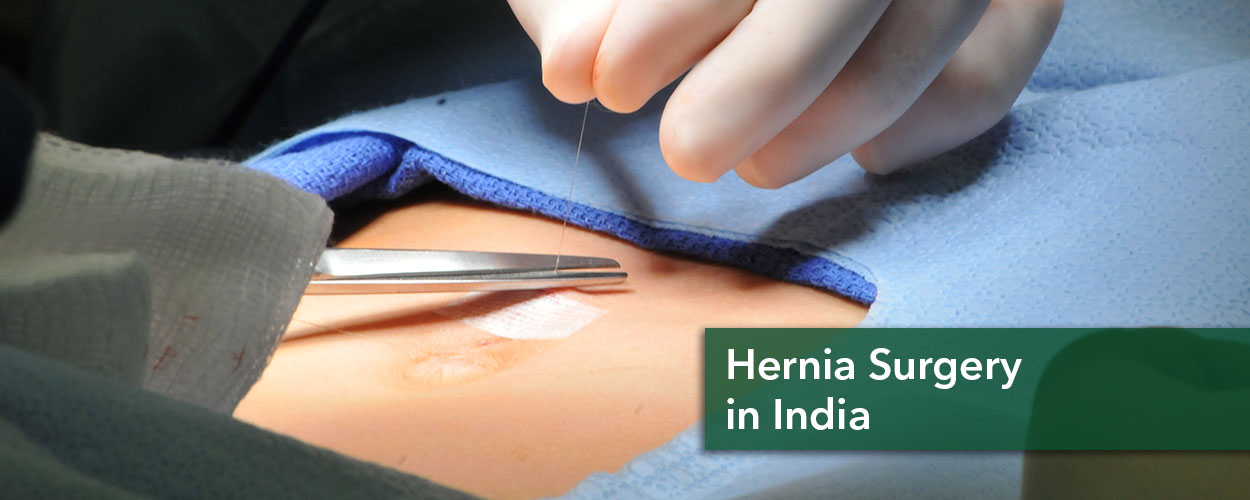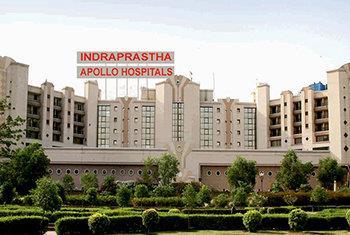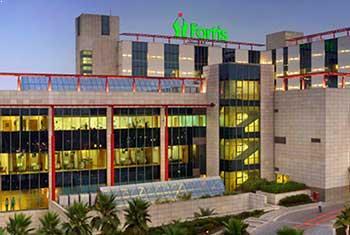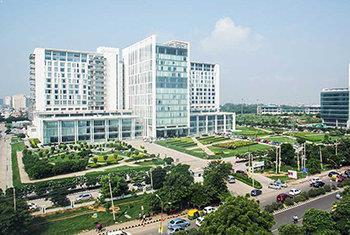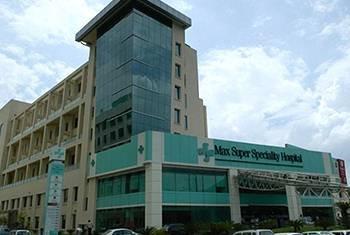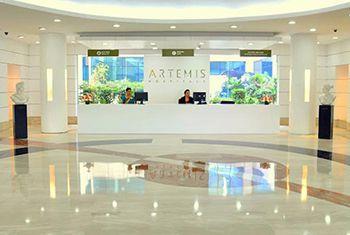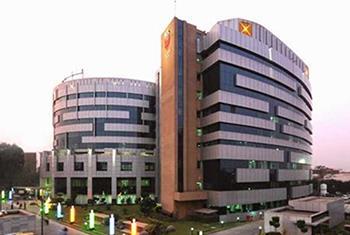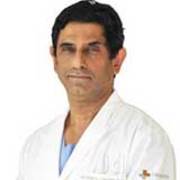Frequently asked Questions (FAQs)
Q. How to recover after inguinal hernia surgery?
Recovery after a laparoscopic inguinal hernia repair surgery is associated with mild to moderate incisional pain. It can cause groin discomfort as well. It may take up to six weeks for a full recovery if you have open surgery. With laparoscopy, patients are able to get back to your normal activities within a few days.
The surgeon will probably encourage the patient to get up about an hour after surgery. It is often an outpatient procedure. This means you can go home the same day. However, if there are complications, you may have to stay in the hospital until they resolve.
Q. What are the risks and complications of inguinal hernia surgery?
The following are some of the risks of inguinal hernia repair:
- You may experience prolonged pain.
- The hernia may come back eventually.
- There could be damage to blood vessels. In men, the testicles could be harmed if connecting blood vessels are damaged.
- There could be nerve or nearby organs damage.
Q. Can a hernia heal on its own? What can happen if a hernia is not treated?
The hernia won’t go away on its own. You can wait to have surgery if your hernia does not bother you. The hernia may get worse over time. The hernias tend to get bigger over time as the muscle wall of the belly gets weaker and more tissue bulges through.
Q. Can you die if you have a hernia?
Hernias can be life-threatening if they become strangulated or incarcerated. A strangulated hernia is an incarcerated hernia that becomes pinched or twisted and cut off from the blood supply. Many surgeons recommend surgery because it can prevent this serious problem.
Without a normal blood supply, the trapped tissues may die. This occurs when a loop of intestine or a piece of fatty tissue is trapped in a hernia and the blood supply is cut off and it kills the tissue. An incarcerated hernia is one that becomes trapped outside the hernia wall.
Q. Can hernias pop in and out?
If you feel a lump in the abdomen, it could be a hernia. The lump can be pushed back. But it may pop out after straining again.
Q. Is surgery necessary for an inguinal hernia?
Surgery for inguinal hernia is necessary in the following cases:
- Hernias that contain a loop of the intestine without blood supply require emergency surgery. It is also known as a strangulated hernia.
- Hernias that contain a trapped loop of intestine need to be repaired as soon as possible to avoid strangulation. It is known as an incarcerated hernia.
- Inguinal hernias that can be pushed back into the abdomen and are not causing pain or discomfort can be repaired when it is convenient.
Q. How long does it take to heal from an inguinal hernia surgery?
Recovery from an inguinal hernia takes about 3 weeks. Most probably, patients can return to light activity after 3 weeks. You should wait for 6 months for heavy exercise.
Q. What is a hernia belt for?
Some patients may need surgery to remove the hernia. Doctors recommend a Post Surgical Abdominal Hernia Belt. This abdominal binder belt will help protect the incisions site. It also helps to apply pressure to the affected area.
